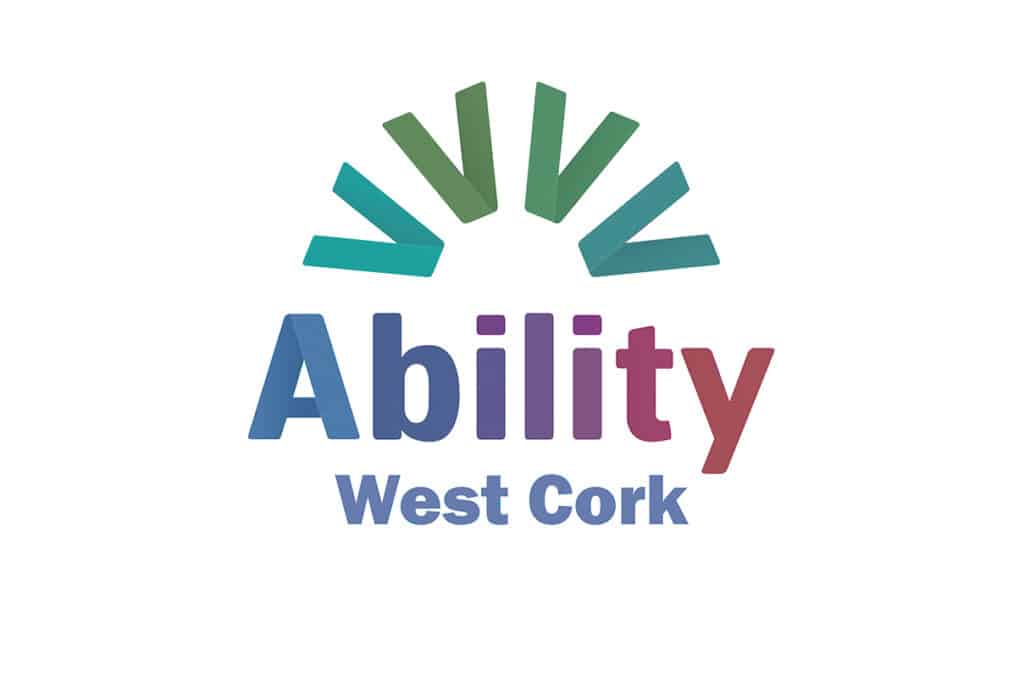Grandparents play an important role in their grandchild’s life. However, some grandparents have difficulty seeing their grandchildren and spending time with them. They can find themselves excluded from the lives of their grandchildren, and this can be very upsetting for them and for the children involved. This can happen for many reasons, for example, if the relationship between the grandparent and parent has broken down.
Grandparents do not have automatic rights in relation to their grandchildren, but there are steps you can take to improve your level of contact with them.
How do I request more time with my grandchildren?
You should first speak to the child’s parents or guardians. Negotiation should be explored, to try and come to an arrangement so that you can spend time with your grandchildren.
If no agreement can be reached, you should consider family mediation. This is where a trained independent professional, called a mediator, helps you and the parents come to an agreement in a safe space. Mediation addresses the needs and interests of everyone involved.
Mediation can have better long-term effects on the family as a whole, as both sides take ownership of the arrangement they come to. The process is much less confrontational than the matter being dealt with in court.
If mediation is not successful, you can apply to the court for access to your grandchildren.
In certain situations, you can apply for custody or guardianship.
How do I apply for access to a grandchild?
If you are having difficulty maintaining contact with your grandchildren, you can apply for access through your local District Court. Access means you will have a legal right to direct contact with the child, which may include overnight stays (sleepovers).
Before granting your application, the court will consider:
• Your existing connection with the child
• Any risk of harmful disruption to the child’s life
• The wishes of the child’s parents or guardians
• The wishes of the child if they are capable of forming their own views
To make an application for access, you must complete a form called Form 58.19 and submit it to the court. You can get the form from Courts.ie or if you contact your local Citizens Information Centre, they will print a form for you
It is important to remember that the court will always put your grandchild’s needs first.
You should get professional legal advice before making an application.
How do I apply for custody of a grandchild?
If you have custody of a child, you are responsible for their day-to-day care, accommodation and upbringing.
Any relative, including a grandparent, can apply to their local District Court for custody of a child.
Usually, the court will only grant you custody if it has the parents’ or guardians’ consent. However, the court can dispense with the consent (decide that the parents’ consent is not needed) if a custody order is in the child’s best interests.
If you are granted custody of your grandchild and they are to live with you, the court can specify (give you details) of the contact, if any, that the child must have with their parent(s).
You should get professional legal advice before making an application for custody.
How can I become a guardian of a grandchild?
Guardianship means you have legally responsibility for certain decisions and to carry out duties in relation to a child’s upbringing. For example, decisions about their medical or dental treatment, or their religious or cultural upbringing.
As a grandparent, you can apply to your local District Court for guardianship if:
• You have provided the day-to-day care of the child for at least 12 months in a row and
• There is no parent or guardian willing (or able) to carry out guardianship responsibilities in respect of the child
You can also apply for guardianship if the child’s parents die without appointing a guardian in their will. You can apply for guardianship up until a child reaches 18 years of age. You should get professional legal advice before making an application for guardianship.
A parent can nominate you to act as a temporary guardian of their child if they are unable to carry out their own guardianship duties – for example, if they become seriously ill or injured.
I was granted access or custody, but still cannot see my grandchild – what can I do?
If you already have an access order or a custody order from the court, but you are still not getting contact with your grandchild, you can seek an enforcement order from the court.
An enforcement order is a further legal instruction to the parents or guardians that they must allow you to see your grandchild, at the specific times set out in the order. The enforcement order may allow additional access to compensate for lost time, reimbursement for any wasted expenses or require those involved to attend a parenting programmes or counselling.
If the parents or guardians refuse to comply with an access or custody order, they can be fined up to €2,500, go to prison for up to 12 months, or both.
To apply for an enforcement order, you must contact your local District Court.
Can I appeal the court’s decision?
The District Court makes decisions about access, custody and guardianship applications based on the child’s best interests.
If you are not satisfied with the court’s decision, you can make an appeal within 14 days of the decision being made. You should get professional legal advice before making an appeal.
If you need further information about any of the issues raised here or you have other questions, you can call a member of the local Citizens Information Service in West Cork on 0818 07 8390. They will be happy to assist you and if necessary arrange an appointment for you. The offices are staffed from 10am-5pm from Monday to Thursday and on Friday from 10am-4pm. Alternatively you can email on bantry@citinfo.ie or log on to www.citizensinformation.ie


